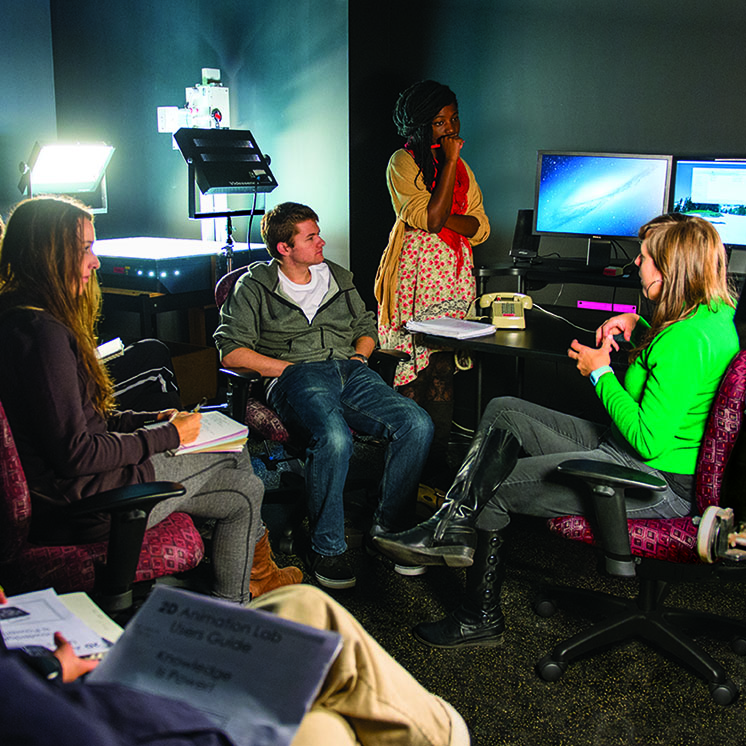Diversity and Multiculturalism: Historical and Contemporary Perspectives
REVISED
Fall 2015 quarter
Taught by

What is it about diversity per se that creates social divisions within a society? What diversity topics in particular create passionate opinions across the political spectrum and filter down to public education? How can we explain these varying worldviews so that we come away with a deeper and fuller understanding of why these debates endure? What is it about diversity and multiculturalism that can elicit such strong emotions, so much so that diversity as a concept can have varying effects on the social and economic well-being of individuals and groups? How does public education contend with diversity and multiculturalism? These are among the questions explored in this program.
This fast-paced program provides an overview of contemporary diversity issues that manifest in contentious debates in countless settings around the world. Writing is central to student learning in this program. In our collaborative learning community, students dialogue through a close reading of texts and write concise, analytic, research-based papers as well as preparing papers for text-based seminar and related activities.
The primary focus of this program is on the United States, with examples of the effects of these issues for school-age children on their life opportunities and economic well-being. This overview fuses history and political economy to find patterns and connections from the past to the present, including how multiculturalism has its roots in contested diversity. This further requires an inquiry into different worldviews or ideologies and the effects on public education.
Through texts, films, lectures, seminars, and contemporary news accounts, students will engage in critical pedagogy . Critical pedagogy serves as a teaching-learning approach that can help us look beneath common-sense explanations for differences. Among the topics considered are skin-color consciousness and racial colorblindness; the impact of racial and ethnic identification; what constitutes a crime and just punishment; analysis of economic class in interaction with culture; immigrant and indigenous experiences; and patriarchy and its intersections with gender, sexuality, and religion.
Through frequent writing assignments and speaking opportunities, students can expect to leave this program with a deeper understanding of the roots and implications of some of the major social issues regarding diversity and multiculturalism in the 21 st century.
Program Details
Fields of Study
Preparatory for studies or careers in
Location and Schedule
Campus location
Olympia
Schedule
Offered during: Day
Books
Online Learning
Schedule Details
Required Fees
Revisions
| Date | Revision |
|---|---|
| April 24th, 2015 | Fees have increased (from $20 to $25). |
 my.evergreen.edu
my.evergreen.edu

 Fall
Fall